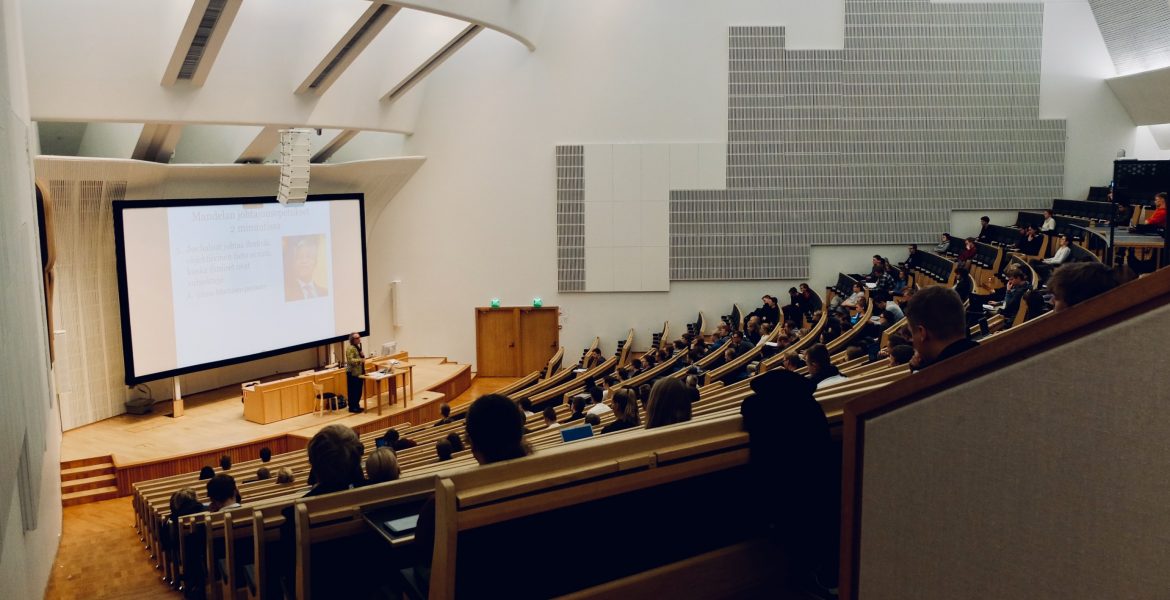The difference between colleges and universities can be confusing. In this article, we’ll explore what makes a college a college, how that differs from a university, and what makes them both different from each other.
What is a College?
A college is a smaller institution, usually focusing on undergraduate education. The most common types of colleges are community colleges and four-year public universities. Community colleges offer degree programs at the associate’s level, where students can earn an associate’s degree in two years or less.
Colleges are less expensive than universities because they don’t have all of the same amenities offered by larger institutions—they don’t have dormitories or dining halls; instead, students live off-campus in apartments near their campus location if they choose not to live within walking distance of campus itself (this option may be cheaper since it eliminates renting an apartment inside a building).
Colleges are smaller institutions focusing on one field (like nursing) or one discipline (like accounting). Colleges usually don’t have graduate programs or undergraduate admissions offices.
Pros of Colleges
- Colleges tend to focus on undergraduate education and devote less attention to research.
- Community colleges are much more affordable than traditional four-year universities, making them an attractive option for those seeking a college education on a budget.
- Colleges are often smaller than universities, which can make them more intimate and less overwhelming for new students. Colleges also tend to have smaller class sizes, which allows students to get more out of their courses.
- Colleges are also more flexible than universities and can offer a wider variety of programs, including bachelor’s degrees, associate degrees, and certificates.
Cons of Colleges
- Two-year colleges often offer a limited variety of courses and programs.
- Small colleges may lack the resources and diversity of larger universities.
- Some colleges are more expensive than universities and may require additional fees for certain courses or programs.
- Universities tend to have more resources, including libraries and research centers. Universities may offer more courses, including graduate degrees.
What is a University?
Universities: A university is a large institution that typically offers both undergraduate and graduate programs. Universities tend to have more departments than colleges, and they offer many more kinds of courses. Some universities even offer graduate degrees, such as doctorates and master’s degrees in specific fields.
 Universities tend to have more students than colleges, and they are often considered more prestigious. This can mean that they offer a wider range of programs and courses than colleges do. Universities also offer graduate degrees, such as master’s degrees and doctorates in specific fields.
Universities tend to have more students than colleges, and they are often considered more prestigious. This can mean that they offer a wider range of programs and courses than colleges do. Universities also offer graduate degrees, such as master’s degrees and doctorates in specific fields.
Pros of Universities
- You can design a curriculum suited to your unique interests and career objectives.
You’ll also have access to a diverse student body, which will help you build valuable networking and professional relationships that can last well beyond graduation. - You’ll have access to libraries, classrooms, laboratories, and other facilities that will help you learn more about your chosen field. You’ll also be able to take advantage of campus life and benefit from a strong sense of community among fellow students and faculty members.
- You’ll have access to a broad array of resources and opportunities that will help you achieve your academic and professional goals. You’ll be able to build valuable relationships with faculty members, fellow students, alumni, and industry professionals, which can lead to opportunities for internships or employment after graduation.
Cons of Universities
- Professors may spend more time on research than teaching due to their tenure responsibilities and large class sizes.
- However, most professors are dedicated to teaching and providing students with the best education possible. At some institutions, it’s common for freshmen to live in dorms or fraternities with older students who may not have their best interests at heart.
- Universities can also be expensive for students and their families. Some universities are more expensive than others, so it’s important to research and compare costs before making a decision.
- Universities can be large and impersonal, which can make it difficult for students to connect with their peers. This is especially true at large universities that have thousands of students in each class.
What’s the Difference Between Colleges & Universities?
Colleges are smaller institutions that award degrees to undergraduate students, while universities focus on both undergraduate and graduate education. Colleges grant bachelor’s degrees, master’s degrees, and PhDs (Doctor of Philosophy), while universities grant bachelor (Bachelor of Arts), master’s (Master of Arts), and doctoral degrees.
Many universities also have professional schools, which focus on specific areas of study and award professional degrees. For example, Harvard University has 10 different professional schools, including law, medicine, and business administration.
Remember that colleges grant undergraduate degrees while universities grant undergraduate and graduate degrees.
- Colleges are smaller than universities.
- Colleges focus on undergraduate education, while universities focus on both undergraduate and graduate education.
- While colleges may offer some graduate programs, they do not grant degrees or certificates as universities do.
The difference between colleges and universities can be confusing because of the many types of schools that fall under each category. For example, some community colleges offer four-year bachelor’s degrees while others only offer two-year associate degrees.
In addition, some universities offer associate degrees while others do not. It’s important to note that colleges and universities are not simply based on size or location; they also have different missions, offerings, and cultures.
The Bottom Line
Colleges and universities are not the same thing. They have different purposes and are intended for different kinds of learners. Colleges focus on undergraduate education, while universities focus on both undergraduate and graduate programs. Colleges grant degrees (sometimes with some exceptions), while universities grant degrees only in their respective fields; however, there can be some overlap between the two types of institutions when it comes to granting degrees at lower levels such as associate’s or bachelor’s degree level.



